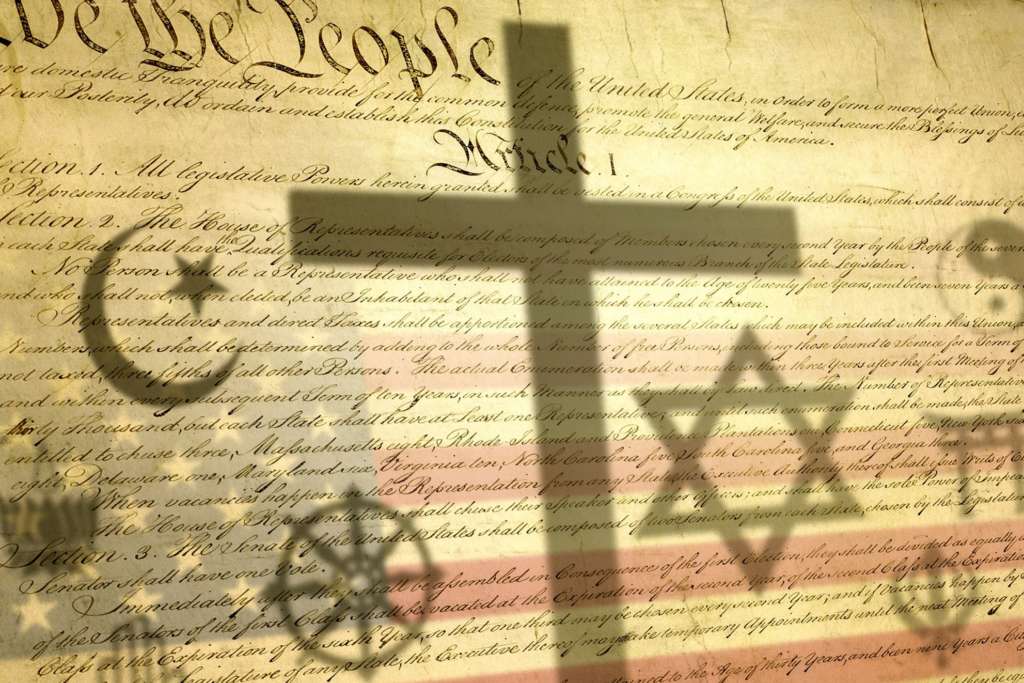Cases linked to religious fundamentalism were among the most important cases that blew up in the end of the twentieth century and created ideological confrontations that have turned into violence.
However, in the Arabic language, the word “Fundamental” means the basic of something, and “fundamentals of Islam” means basics of the Islamic religion. This linguistic significance show that the term “Fundamental” carries positive meanings and not negative ones, as spread in the modern social intellect and in the religious, social, and political morals.
Islamic history and the term “fundamentalism”
This term was never used in the old Islamic history and in the classic Islamic morals. But the modern term was first used in the West to define the blocks of Islamic revival, religious reform, and some Islamic movements.
Then, this term was randomly linked to terrorism, which transformed its meaning from positive to negative. Both Jewish and Christian religions also used “fundamentalism” to express positive concepts in the past.
The violent acts that we are witnessing today are not related to the religious fundamentals.
However, people insist on linking their aggression and offenses to their religions, like Jewish people, who launch their hatred and curses in the West Bank in the name of Torah. Christians also used the term fundamentalism and religion to practice discrimination against believers from other religions. In the medieval era they used the term of “sacred war” to describe the wars launched by orders from the church, some Christians have even considered that warring with other sects of Christians is a sacred war.
Modern Islamic Fundamentalism
People known as Islamic fundamentalists deal with developments of modernity in different ways; however, they have adopted western experiences and used them in a religious perspective.
Moreover, the term fundamentalism has become wide spread in the media and political writing since the latest eighties; and Muslims in the Arab world have used it to describe all kinds of religious extremism starting with Christian and Jewish religions and sects, and they are currently using it to describe the distorted kind of Islam practices by the terrorist groups.
The current historical phase has witnessed a growing “fundamental” movement that comprises extremist members from all religions. According to the British author Karen Armstrong, those people have been using fundamentalism to express their rejection for secularism, which they consider a threat that aims at uprooting them.
Based on Armstrong’s view, these entourages with closed-minded beliefs encourage on implementing destructive behaviors; they also represent incubators for sectarian discord.
Unfortunately, in the quasi-majority of cases, fundamentalists who belong to these environments exploit religious texts to justify their acts.
